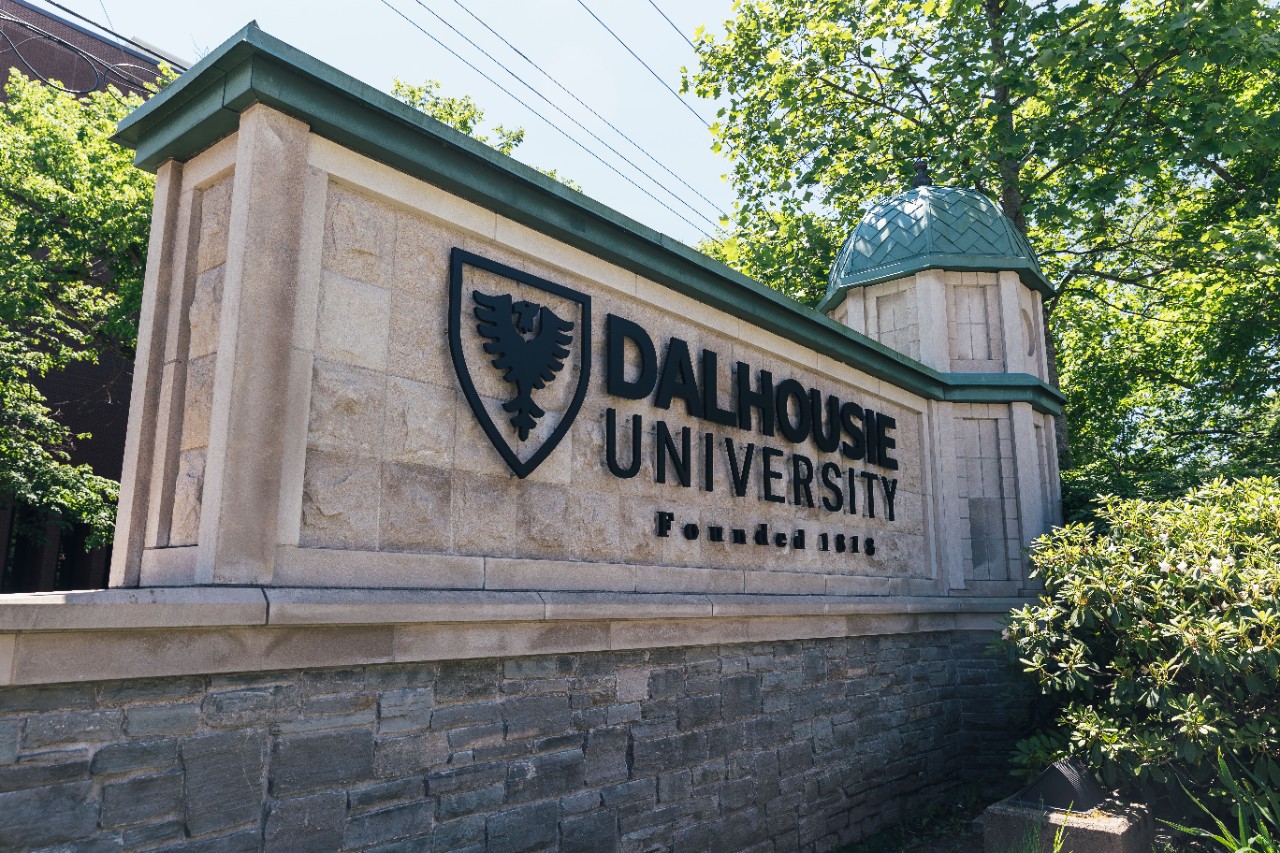Creating a Sense of Belonging through International Learning Opportunities
As a civic university, Dalhousie is committed to growing the success of Mi’kmaq and African Nova Scotian students through meaningful engagement and culturally specific academics, which are guided by the work of our Indigenous Strategy and our African Nova Scotian Strategy.
This past year, we introduced a series of international learning opportunities focused on delivering culturally relevant experiences for Mi’kmaq/Indigenous and African Nova Scotian/Black students. Supported by the Global Skills Opportunity program, which is funded by Employment and Social Development Canada, and connected to key goals within Dalhousie’s global engagement priorities, these three-credit hour International Travel Experience courses are creating lasting memories, invaluable learning, and connections with institutions and partners around the world.
Life-changing experiences
The first iteration of the Transition Year Program (TYP) International Field Course took flight in the summer of 2022. Thirteen TYP graduates had the opportunity to spend two weeks developing global skills at Universidad Católica de Manizales in the city of Manizales, Colombia.
A recent two-week study tour of Aotearoa-New Zealand enabled some of our Indigenous students to explore the country’s rich Māori history and culture. Dr. Lisa Binkley, a professor in the Department of History, described the inaugural trip abroad as an opportunity “to experience other Indigenous groups in other places in the world.”
A study abroad offering for African Nova Scotian students was piloted last year with a trip to Zambia, in South Africa. This spring, students travelled to five Historically Black Colleges and Universities (HBCU), including Howard University in Washington D.C., as part of the HBCU field course.
Another group of students will travel for a major conference in the West African country of Ghana in August. Aimed at shifting perspectives on what it means to be Black and a person of African descent, these trips are focused on visiting places where Black people are the majority population; places where there are shared goals and vision.
These memorable and life-changing experiences create a sense of belonging on a global scale. They also open the doors for participation in international travel, which has been proven to result in academic and employment benefits. By bridging the gap between local and global, these programs impact the lives of our students, their communities, and our university as a whole.
